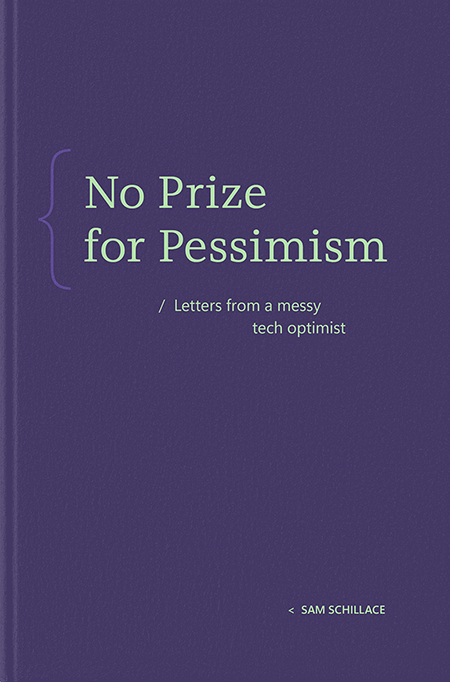Data Retention, Compliance, and Litigation Holds
We recently revamped our data retention policies and now I need to set up everything in M365. In the past, we would enable litigation hold under the user’s account. Since that only does email, that is not enough.
We are now drastically shortening our retention policy and it’s critical that all data for a user is accessible if they were brought into a litigation issue. So if we were subpoenaed, I would “freeze” the users data and then it would be possible to search if we were required 1/2/3 months down the road. Is the best way to do this by starting an eDiscovery search and placing everything on hold but not searching for anything? Then, if we were required to search the account, I would edit that eDiscovery hold to include specific queries? Or maybe I would create a “Litigation Hold” retention policy outside of the new default one that would hold their data indefinitely? That seems like a pain to exclude the user and then add them to the other and probably not efficient.
Looking for advice from anyone who does this a lot as Microsoft gives a ton of options.. which is great, but it makes it difficult to know the best way when handling critical data.
We recently revamped our data retention policies and now I need to set up everything in M365. In the past, we would enable litigation hold under the user’s account. Since that only does email, that is not enough. We are now drastically shortening our retention policy and it’s critical that all data for a user is accessible if they were brought into a litigation issue. So if we were subpoenaed, I would “freeze” the users data and then it would be possible to search if we were required 1/2/3 months down the road. Is the best way to do this by starting an eDiscovery search and placing everything on hold but not searching for anything? Then, if we were required to search the account, I would edit that eDiscovery hold to include specific queries? Or maybe I would create a “Litigation Hold” retention policy outside of the new default one that would hold their data indefinitely? That seems like a pain to exclude the user and then add them to the other and probably not efficient. Looking for advice from anyone who does this a lot as Microsoft gives a ton of options.. which is great, but it makes it difficult to know the best way when handling critical data. Read More











